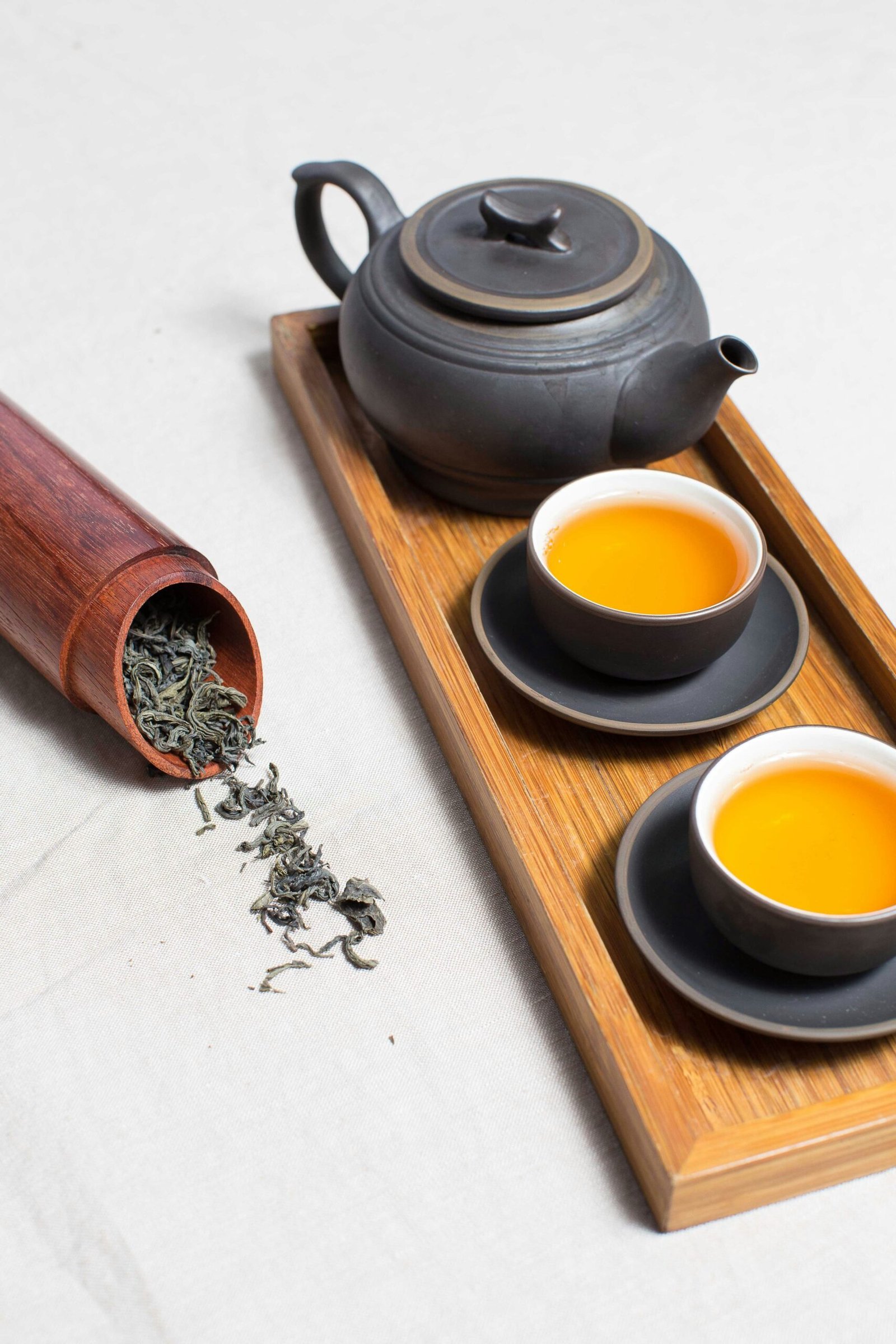Exploring Traditional Japanese Health: A Holistic Approach to Well-being

Introduction to Traditional Japanese Health
Traditional Japanese health is a holistic approach deeply rooted in Japanese culture. It incorporates practices such as shinrin-yoku (forest bathing), kampo medicine (herbal medicine), and various mindfulness techniques. These methods aim to promote physical, mental, and spiritual well-being, drawing from ancient wellness traditions to support overall health.
Key Practices in Traditional Japanese Health
One of the key practices in traditional Japanese health is shinrin-yoku, also known as forest bathing. This involves immersing oneself in nature to reduce stress and enhance mental clarity. Another essential practice is kampo medicine, which utilizes herbal remedies to treat various ailments and maintain health. Additionally, mindfulness techniques, including meditation and mindful breathing, are integral to balancing the body, mind, and spirit.
Benefits and Applications
Practicing traditional Japanese health can offer numerous benefits. Forest bathing, for example, has been shown to lower cortisol levels, reduce blood pressure, and boost immune function. Herbal medicine provides natural alternatives to pharmaceuticals, often with fewer side effects. Mindfulness techniques can help manage anxiety, improve focus, and enhance overall emotional well-being. These practices are beneficial for anyone looking to improve their health holistically.
Who Should Practice Traditional Japanese Health?
Traditional Japanese health practices are suitable for a wide range of individuals. Those experiencing high levels of stress, chronic illness, or mental health issues may find these methods particularly beneficial. Additionally, individuals interested in cultural appreciation and natural health solutions will also benefit from incorporating these practices into their daily routines.
Scientific Support
Research supports the efficacy of these traditional practices. For instance, a study by Park et al. (2010) found that forest bathing significantly reduces stress hormones (APA citation needed). Another study by Yamada and colleagues (2013) highlighted the effectiveness of kampo medicine in treating chronic conditions (APA citation needed). These findings underscore the potential of traditional Japanese health to enhance overall well-being.
Conclusion
Incorporating traditional Japanese health practices into your lifestyle can provide a holistic approach to well-being. By embracing ancient wellness methods such as forest bathing, herbal medicine, and mindfulness, you can promote a balanced and healthy life. Whether you seek to reduce stress, treat illnesses, or simply appreciate Japanese culture, these practices offer valuable benefits for the body, mind, and spirit.









